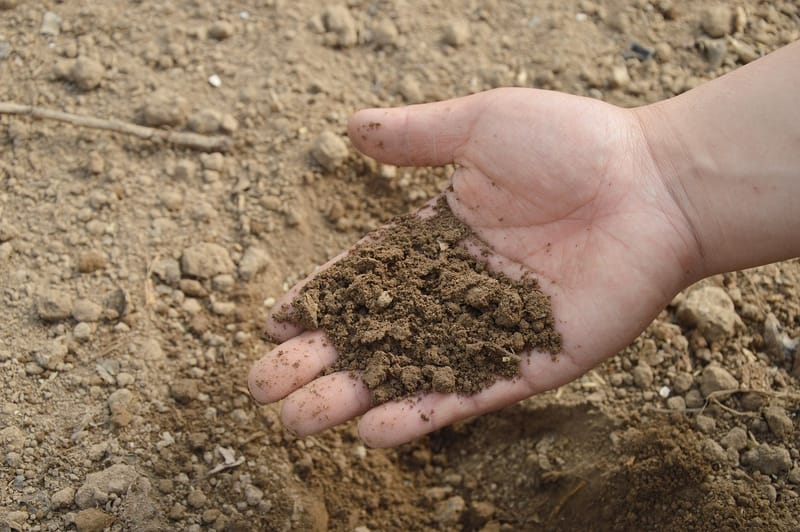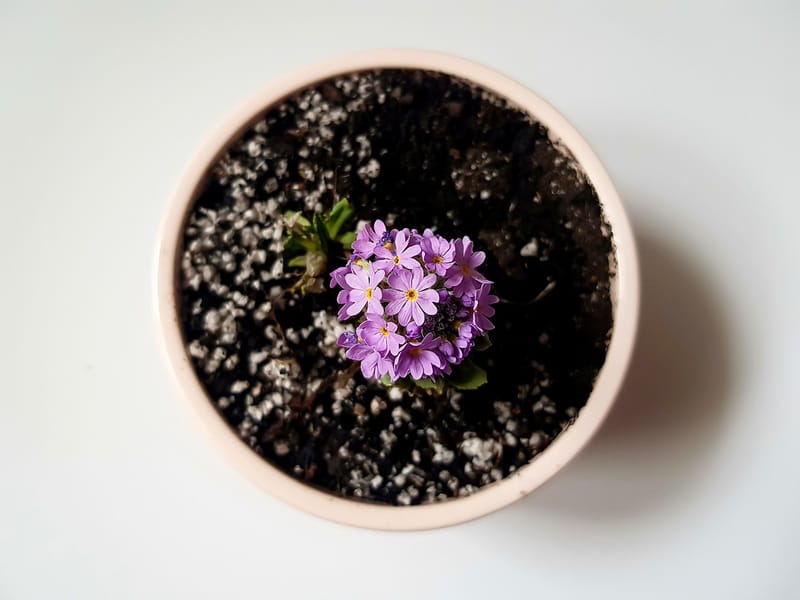Plant Care - Part 3
Tips for Caring for Your Plants - Part 3
1. Proper Watering Techniques
Watering is crucial for the health of your plants. Overwatering can lead to root rot, while underwatering can cause wilting. Make sure to water your plants according to their specific needs. Check the soil moisture level before watering again to avoid overwatering.

2. Pruning and Deadheading
Pruning helps promote new growth and keeps your plants healthy. Remove dead or yellowing leaves to allow the plant to allocate nutrients to healthier parts. Deadheading, the removal of spent flowers, encourages the plant to produce more blooms.

3. Fertilizing Schedule
Plants need nutrients to thrive. Create a fertilizing schedule based on the needs of your plants. Different plants require different types of fertilizers, so make sure to choose the right one. Avoid over-fertilizing, as it can harm your plants.

4. Pest Control
Keep an eye out for pests that can damage your plants. Inspect your plants regularly for signs of pests like holes in leaves, webbing, or sticky residue. Use natural remedies or insecticidal soaps to control pests without harming the environment.

5. Rotate Your Plants
Rotate your indoor plants occasionally to ensure they receive equal sunlight on all sides. This prevents the plant from leaning towards the light source and promotes even growth. Additionally, rotating your plants helps prevent pest infestations.

By following these tips, you can ensure your plants remain healthy and vibrant. Stay tuned for more plant care advice in our upcoming articles!
